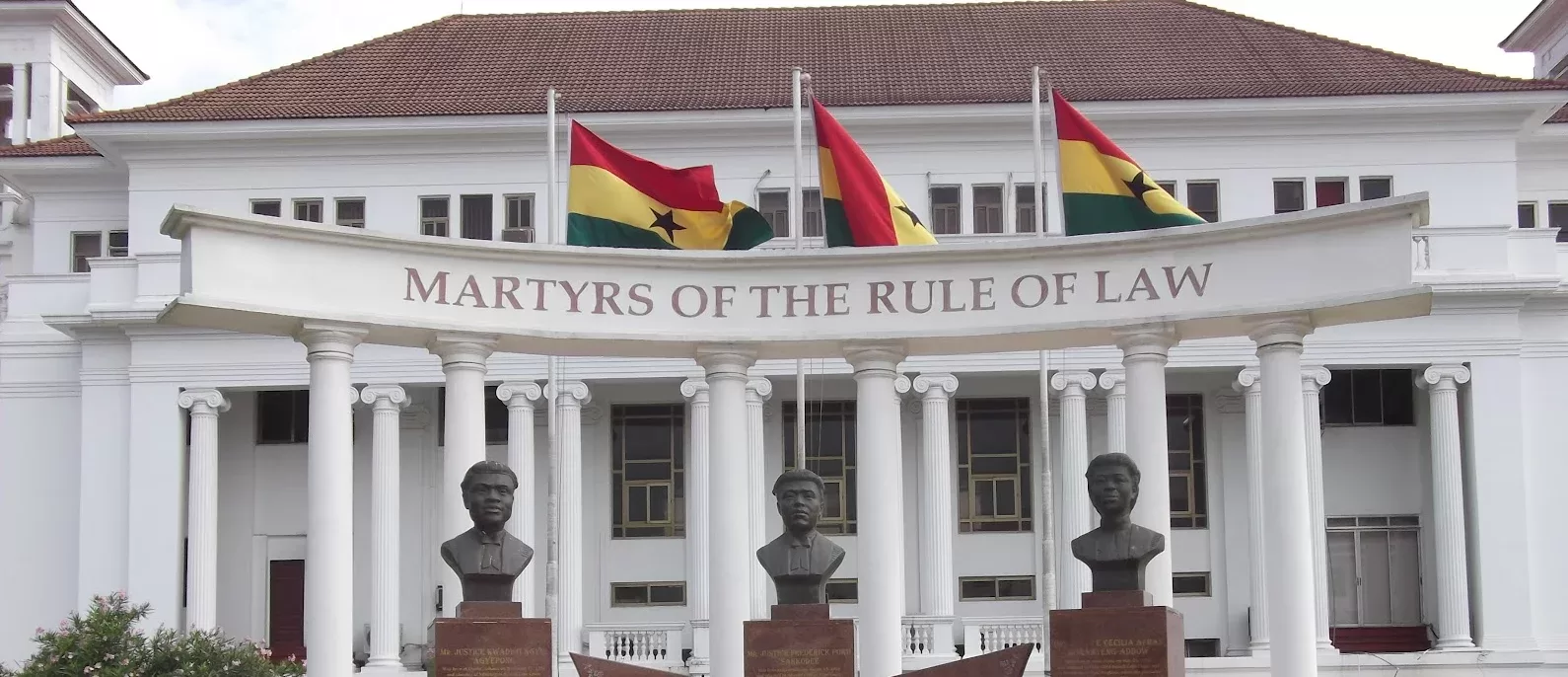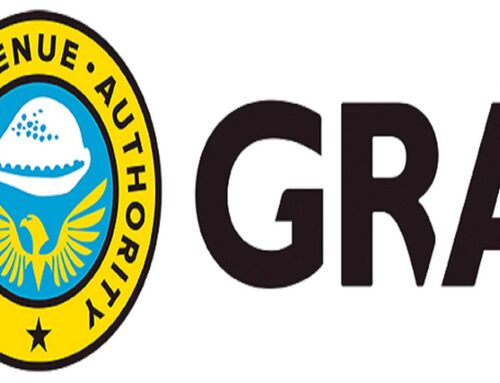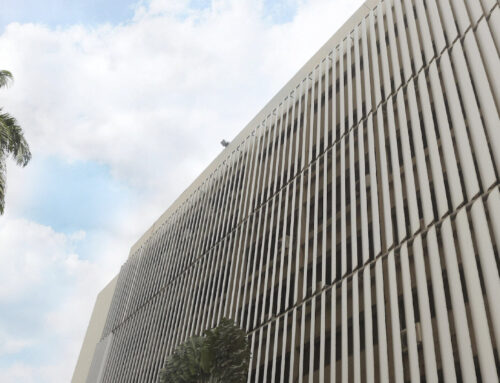SCANCOM PLC VRS THE COMMISSIONER GENERAL (GRA)
CASE IN THE HIGH COURT OF JUSTICE.
BACKGROUND OF THE CASE
In early 2020, the Ghana Revenue Authority (GRA) conducted a tax audit into the business of SCANCOM PLC, a company operating through the brand name MTN, engaged in telecommunication and mobile money, for the period January 2014 to December 2018. The company maintained consolidated books and proper financial statements for both sources of revenue until a new separate legal entity known as Mobile Money Ltd took over the mobile money business, leaving MTN Ghana to focus solely on the telecommunication business. At the end of the tax audit dated 4th May 2021, Ghana Revenue Authority assessed tax liability against MTN in the sum of GHS 617,072,509 comprising GHS 410,862,961.57 direct taxes and GHS 18,650,860.00 indirect taxes as well as interests.
Out of the assessed tax liability totaling GHS 617,072,509, MTN Ghana promptly accepted and settled GHS 18,650,860.00. Additionally, MTN applied for a waiver on an amount of GHS 26,955,473.00 being interest and penalty which was granted by GRA.
MTN subsequently filed a tax objection to the balance of the tax liability which was rejected in a tax objection decision of the Ghana Revenue Authority dated 9th September 2021. MTN, being dissatisfied with the Tax Objection decision, appealed against the said decision at the High Court.
GROUNDS OF APPEAL
- That Ghana Revenue Authority erred in law and acted arbitrarily by imposing Value Added Tax liability on MTN Ghana for Imported Services for the period January 2014 to December 2017.
- That Ghana Revenue Authority erred in law by relying on a Ghana Revenue Authority’s Internal Practice Notes / Guidelines to impose National Health Insurance Levy and Ghana Education Trust Fund (together with interests and penalties) on MTN Ghana for imported Services provided by Non-Resident entities.
THE APPELLANT’S CASE
- That the GRA has not authority to impose Value Added Tax on import services which are used to make taxable supplies.
- In the 2014, 2015, 2016 and 2017 financial years, MTN Ghana used the Imported Services it received to make supplies of Telecommunication business (Taxable supplies).
- That MTN Ghana did not use the said Imported Services to make supplies in its Mobile Money business (Exempt Supplies).
- That the National Health Insurance Levy and Ghana Education Trust Fund Levy is not applicable to import services used to make Taxable Supplies.
THE RESPONDENT’S CASE
- That MTN Ghana’s assertion that it did not use the said imported services to make exempt supplies is inaccurate especially as it applies to the periods between 2014 and 2017.
- That from MTN’s objection letter, MTN Ghana implicitly admitted that it used some of the Imported Services to make Exempt Supplies within the stated period.
- That it is the proportion of imported services directly attributable to Exempt Supplies that forms the bases of the Value Added Tax assessment.
- That the National Health Insurance Levy and Ghana Education Trust Fund Levy were imposed based on the relevant statutes.
DECISION OF THE COURT
Ground 1
- VAT on imported service is applicable where the service is used to make exempt supply
- MTN Mobile Money operations is an exempt supply. VAT on imported service was therefore applicable on the import of service for Mobile Money operations
- That the status of MTN Ghana for the period 2014 to 2017 was that of a Partial Exempt Trader because It was applying its imported services simultaneously to both Exempt Supplies and Taxable Supplies
- That for MTN, being as a Partial Exempt Trader, the GRA was right in applying the apportionment formula as provided in the law in imposing the Value Added Tax on import services used to make Exempt Supplies.
Ground 2
- That based on the amendment of the National Health Insurance Amendment Act, 2018 (Act 871) and the Ghana Education Trust Fund (Amendment) Act, 2018 (Act 972), the National Health Insurance Levy and Ghana Education Trust Fund Levy had become distinctive levies from the Value Added Tax
- That National Health Insurance Levy and Ghana Education Trust Fund Levy is applicable to imported services irrespective of whether it has been used to make Exempt or Taxable Supplies
IMPLICATIONS AND KEY TAKEAWAYS OF THE HIGH COURT’S DECISION
- Imported Services applied to service both Taxable supplies and Exempt supplies are distinct and as such apportionment is necessary to isolate the Exempt component.
- The provisions in the National Health Insurance (Amendment) Act, 2018 and the Ghana Education Trust Fund (Amendment) Act,2018 (Act 972) are separate from the Value Added Tax Act (Act 870) as amended that the two laws impose tax on import of services which is not subject to an input tax deduction.
- The National Health Insurance Levy and Ghana Education Trust Fund Levy is applicable to imported services irrespective of whether it has been used to make Exempt or Taxable Supplies
- A company is required under the Value Added Tax Act, 2013 to account for tax on imported services when the said services are consumed or utilized in the country other than to make a taxable supply.
- A business shall be characterized as a Partial Exempt Trader when it simultaneously engages in both exempt and taxable supplies.
Conclusion
In summary, MTN Ghana was using the Imported Services to provide both Taxable and Exempt supplies for the period of assessment from 2014 to 2017 which characterized MTN Ghana as a Partial Exempt Trader. By virtue of the combined effect of the applicable provisions in the Value Added Tax Act 2013, Value Added Tax will not apply if the Imported Services were applied in Taxable supplies (telecommunication business). However, Value Added Tax will apply if the Imported Services were applied in making Exempt supplies (Mobile Money). As a result, Ghana Revenue Authority was right in applying the applicable definitions to the transactions concerned in determining the total cost of imported services and apportionment between the Exempt and Taxable supplies with respect to their contribution to total revenue.
On the second ground of appeal, it was clear from the provisions in the National Health Insurance (Amendment) Act 2018 and the Ghana Education Trust Fund Act 2018 (Act 972) that these statutes are separate from the Value Added Tax Act 2018 Act (870). The two laws impose tax on Import of Services which is not subject to input tax deduction irrespective of what the Imported Service was going to be used for. Therefore, Ghana Revenue Authority did not err in law when it imposed National Health Insurance Levy and Ghana Education Trust Fund Levy (together with interest) on MTN Ghana on their Imported Services from August 2018 to December 2018 irrespective of whether they were applied to Taxable or Exempt services.




